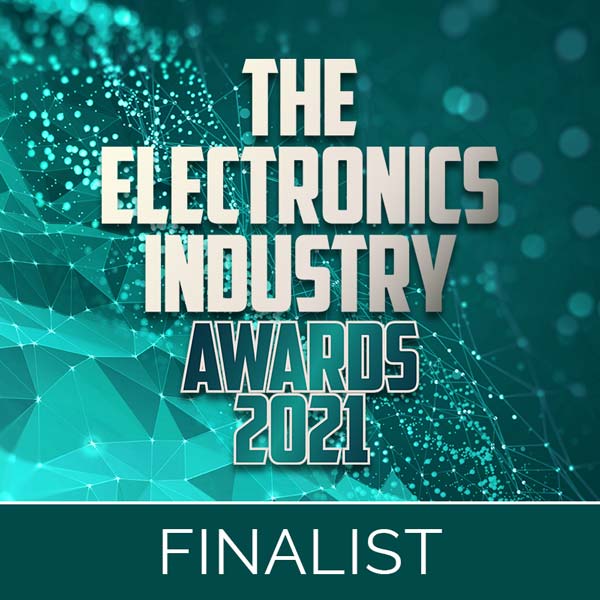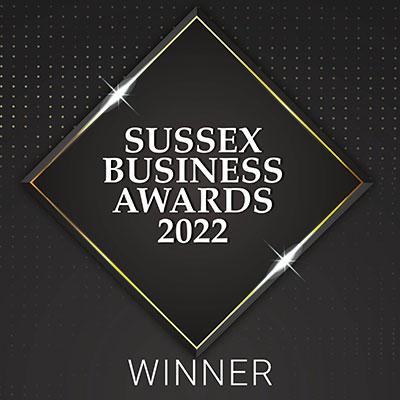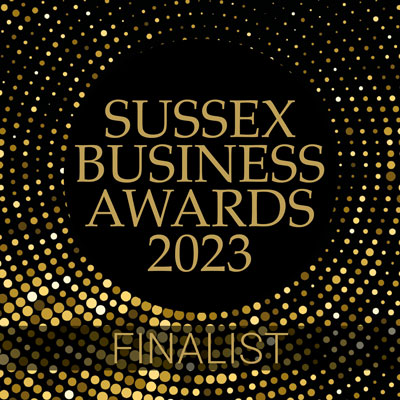The debate about the relative benefits and drawbacks of cars powered by electricity and hydrogen has been raging for some time now, and already there are people in both camps who seem entrenched in their views. For many individuals, too many, perhaps, one option is the right one and the other is the wrong one. If there’s any middle ground here, it appears to be disappearing quickly.
At this stage of proceedings, we as a society seem to be on the cusp of major changes. Given the damage caused by fossil fuels, we have to adopt an alternative that’s going to be sustainable for many decades to come, but which of the alternatives should we go with? There are a number of reasons why we simply have to make the right choice, despite the fact that we don’t really know what that is.
It’s safe to assume we’ll be turning our backs on our long-standing reliance on diesel and petrol, of course, but just think about the infrastructure that we’ve had in place for a hundred years or more. We have filling stations, pipelines, transportation, refineries and more, all geared towards getting the fuel from the ground and into your Vauxhall Corsa. Replacing all of that is going to take years and cost billions. What if we get it wrong?
There are plenty of experts who are continuing to push the EV agenda, and it’s easy to see why. Electric cars are far cleaner, and with the gradual increase in battery life, not to mention the growing number of available charging points, motorists are coming round to the idea that electric is better. There are drawbacks, of course, but these are slowly being overcome.
Some experts are saying that we’ll have both electric- and hydrogen-powered vehicles freely available in the future, but it’s hard to envisage the practicalities of creating two separate infrastructures to run side by side. In the end, it may be that we need to choose. If this is the case, which of the options is better? Again, this is a matter of debate.
It’s easier to refuel than it is to recharge
One of the major advantages of a hydrogen vehicle is that it’s quick and easy to refuel, in the same way that a petrol car has always been. Currently, EVs need to be charged up at regular intervals, often for several hours at a time, and despite the growing number of charging points in the UK and beyond, there are still nowhere near enough. Planning a long journey can be more than a little problematic.
Both systems release little in the way of harmful emissions, making them way more preferable to petrol and diesel, of course. With hydrogen, however, there’s still a need for other compounds to make it usable. And although there will be a time when this involves water or perhaps biomass, at the moment it needs fossil fuels, something we’re trying to completely move away from.
In simple terms, hydrogen that’s produced under current methods still produces carbon dioxide and monoxide and utilises natural gas, a fossil fuel. There are steps to change these factors, but until they are fully in place it will be hard to appease the pro-EV camp. Electric-powered cars are therefore further down the road to becoming a sustainable possibility.
It may not be too long, however, before hydrogen catches up in a very meaningful way. Using a water electrolysis process is becoming more of a practical reality these days, and if this evolves further it could be a game-changer, removing the main barrier to the adoption of hydrogen-powered vehicles. Initiatives like this, and the development of proton exchange membranes, could be crucial.
We seem to be at a crossroads as a car-driving society at the moment, and it’s vital that we choose the best direction from here. Our current fuel choices – petrol, diesel, electric, hybrid – have been with us for a little while now, but the first two are surely set to fade away very soon. Adding hydrogen to the options is going to happen, that’s for sure, but will it be enough to reverse the ravages of environmental damage? Time will tell.
Rose Media Group was founded by Aneela Rose, and is based in Burgess Hill, West Sussex. We are a specialist B2B PR agency working across several industry sectors, including automotive, sustainability, engineering, aviation and more. To find out more, call 01444 241 341 today.










